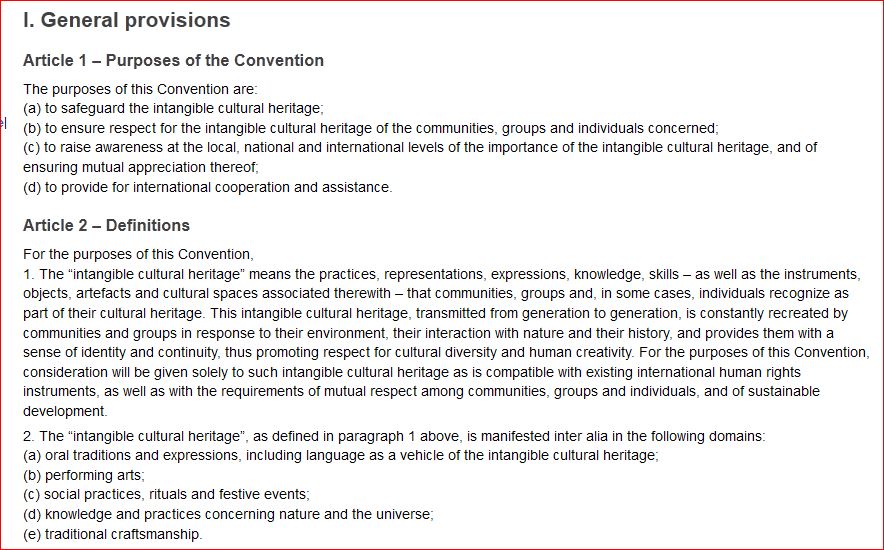|
docco -> RE: Flamenco is a language (Oct. 16 2019 18:21:03)
|
quote:
ORIGINAL: Piwin
Leonard Bernstein famously drew parallels between music and Chomsky's "universal grammar" in his 1973 lectures The Unanswered Question, which are readily available on Youtube. While the comparison was at times somewhat lax, there were nonetheless some interesting insights.
That there are similarities is rather obvious. Both have rules, standards and common practices with regards to grammar, "phonology", semantics, etc. There are teleological similarities as well (communication, expression, etc.). As far as communication between performers, there is a common distinction made between more improvisational forms and recitals. I believe this has been studied in neurosciences, the results being that performers drew on different cognitive abilities for each. I'd imagine the same is true for conversations vs. poetry recitals.
What I often object to is when people say "music is a language", often saying things like "music is a language that transcends borders, cultures, etc." It seems to me that the difference between two musical genres, say, flamenco and gamelan, is just as pronounced as the difference between two languages, say English and Chinese. Communication across forms of music is not straightforward. Perhaps if more people understood this, understood that music is not one language, that each genre is a language in its own right, then the monumental task of creating "fusion" would be more carefully thought out and there would be less crap on the market.
That said, maybe crappy fusion has a role to play. In the same way that neither docco nor I are native English speakers but can still communicate thanks to some form of "globish", so too can performers of different genres communicate with each other through crappy fusion. Though if we really wanted to express ourselves as best we can, then we would have to speak our own language(s) or take an approach to fusion that goes much further than simply using a genre of music as a superficial stepping stone to something else.
I like what you say: ".. that music is not one language, that each genre is a language in its own right, then the monumental task of creating "fusion" would be more carefully thought out and there would be less crap on the market ..."
So, there are a lot of genres of music in the world. And one more is that why some genres of music are recognized by UNESCO as an Intangible Cultural (such as Flamenco and Argentina Tango) while the others are not? Do you agree with the UNESCO classification?
|
|
|
|


